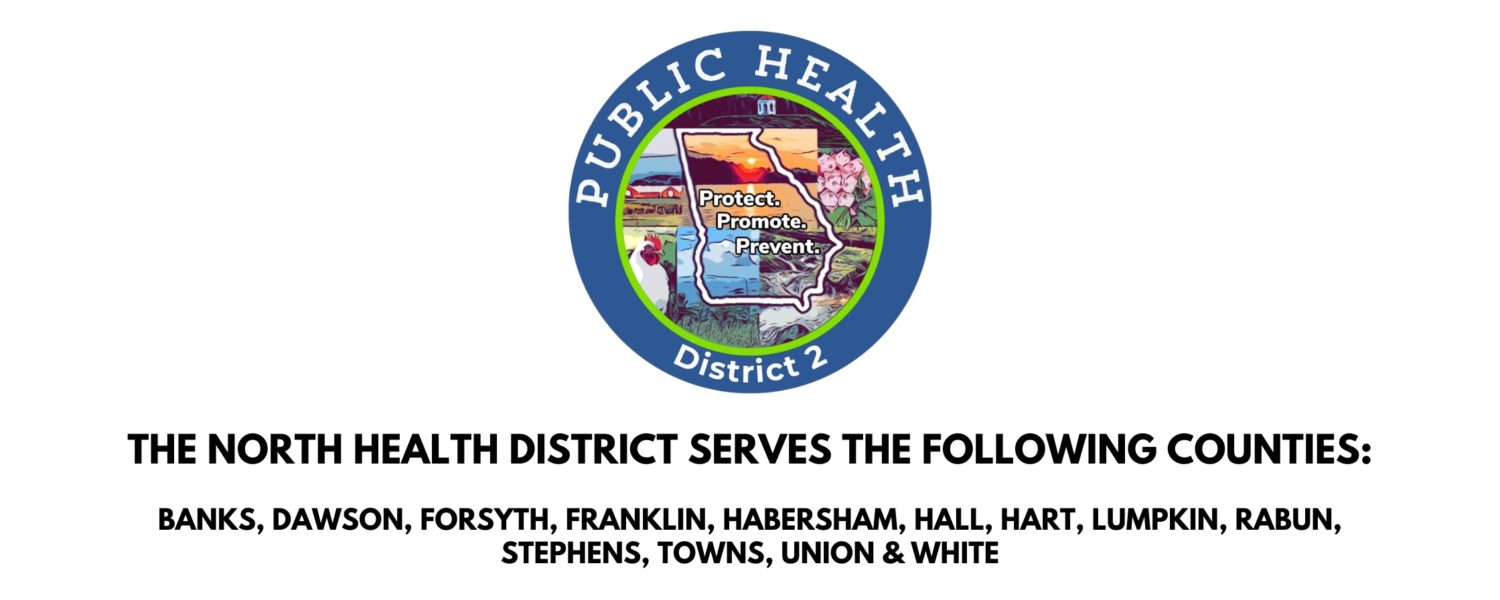Cholesterol is a waxy, fat-like substance that your body needs for good health, but in the right amounts. Unhealthy levels of cholesterol can lead to a condition called high blood cholesterol.
Cholesterol in your blood is carried on lipoproteins:
- Low-density lipoprotein (LDL), sometimes called “bad” cholesterol
- High-density lipoprotein (HDL), sometimes called “good” cholesterol.
High levels of “bad” LDL cholesterol cause plaque (fatty deposits) to build up in your blood vessels. This may lead to heart attack, stroke, or other health problems High levels of “good” HDL cholesterol may actually lower your risk for health problems. HDL cholesterol carries cholesterol and plaque buildup from your arteries to the liver, so it can be flushed out of the body.
Unhealthy cholesterol levels are often caused by lifestyle habits, such as unhealthy eating patterns, in combination with the genes that you inherit from your parents.
Routine blood tests can show whether your cholesterol levels are healthy. To help get your cholesterol levels into the healthy range, you may need heart-healthy lifestyle changes or medicines.
Resources:
https://www.cdc.gov/cholesterol/about.htm
https://www.cdc.gov/cholesterol/cholesterol_screening.htm
https://www.cdc.gov/cholesterol/prevention.htmhttps://www.heart.org/en/health-topics/consumer-healthcare/what-is-cardiovascular-disease/top-10-myths-about-cardiovascular-disease
